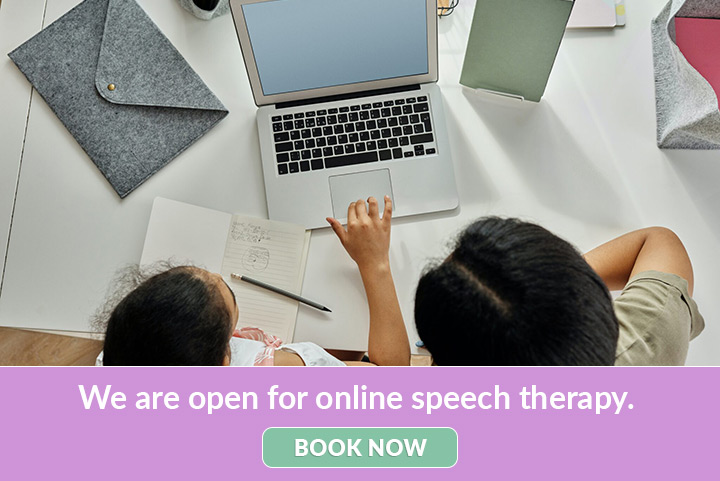The goal of intervention in traumatic brain injury (TBI) is to achieve the highest level of independent function for participation in daily living. Consistent with the ICF framework (World Health Organization, 2001), intervention is designed to
- capitalize on strengths and address weaknesses related to underlying structures and functions that affect communication;
- facilitate the individual’s activities and participation by assisting the person in acquiring new skills and strategies;
- modify contextual factors that serve as barriers and enhance facilitators of successful communication and participation, including development and use of appropriate accommodations.
.
Treatment of individuals with TBI is individualized and typically considers the influence of cognitive domains (memory impairments), fatigue, personal factors (age, education, social history), awareness and insight in to difficulties. The Speech and Language Therapist aims to support an individual following a traumatic brain injury by focusing on functional and meaningful outcomes while including the individual with TBI in collaborative decision making. This will often include working as part of a multidisciplinary team.
The Speech and Language Therapist will support the client by compensating for cognitive-communication impairments by teaching compensatory strategies to support the individual and his/her family, training use of a multimodal communication system (e.g., spoken language, gestures, sign language, picture communication, speech-generating devices [SGDs], and/or written language) that is customized according to the individual’s abilities and the contexts of communication.
The Speech and Language Therapist takes all aspects of communication into consideration, this includes speech, voice language and social language/communication needs.

